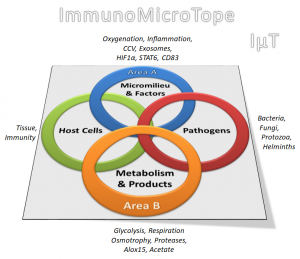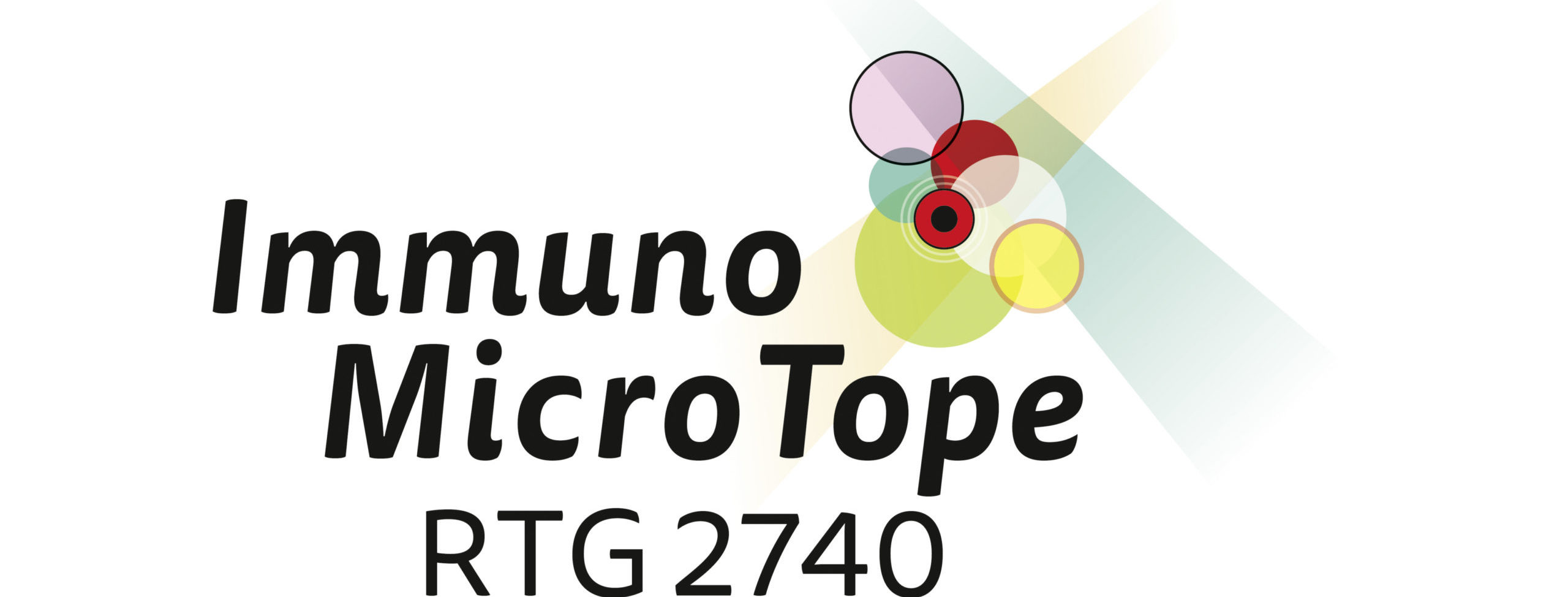Project areas

The RTG projects are conceptually divided into two complementary research areas: Research area A (“Micromilieu”) concentrates on microenvironmental and tissue milieu factors that regulate microbial survival and/or antimicrobial defense. In research area B (“Metabolism”), the focus will be on metabolic products of host (immune) cells or infectious pathogens and their impact on antimicrobial defense mechanisms or microbial survival.
